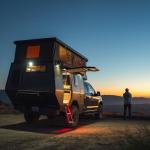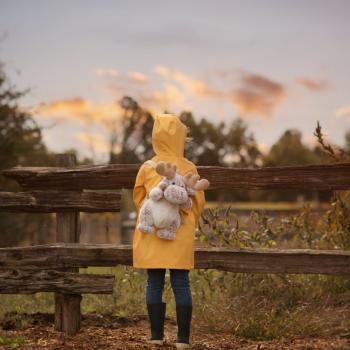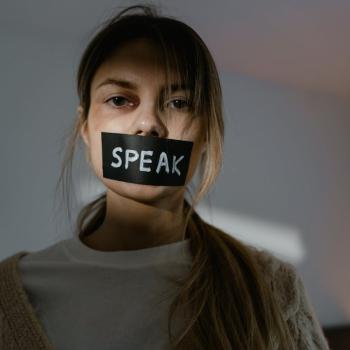Travel Tips for the Desert – Part 3

We often tell people that sometimes it feels like you are wandering out into the desert when you embark on a journey of discovery. That is why we call our podcast and this blog The Desert Sanctuary. That is especially true when you are deconstructing from religion. It is challenging work and there are no well-worn paths for you to follow, and it is best not to follow anyone’s specific path. This is your journey!
However, after interviewing hundreds of people on our podcast, we noticed things people told us helped them in their journey. We continue to refine this in our writing and in our interviews. Please take these as general guidelines and not requirements, and hopefully, you will have something to add to the list that we haven’t thought of.
If you missed parts 1 or 2, check them out Part 1 Part 2
1. Enlist a trauma-informed therapist / Do the deep inner work.
As a pastor, seeking counseling from a licensed professional seemed unnatural. Even though we talked about it from time to time, and didn’t really criticize people for doing it, we also didn’t actively promote or endorse it as the most effective method. The subtle assumption was that God would meet all our needs and, if we had enough faith, God would surely make us “new creations.”
Pastors often exclaim, “Who can I tell?” But with some afterthought, I now consider that sentiment one of the many things we hid behind to avoid the hard work of getting better. We busied ourselves and created co-dependence among people, where we could at least appear to be getting better. We could have had better relationships with people, but that was also a road less traveled.
Currently, I find myself flourishing greatly because I have finally engaged with several modalities that helped me address my trauma and understand how I got there. I have done shadow work with some Benedictine sisters, intensive weekends to address shame and several different kinds of inner work and somatic therapies. I’ve also incorporated various pieces of things that I have learned along the way from other travelers.
My current therapist is a trauma-informed therapist who combines a lot of these things, and I just told her yesterday that I am making progress and I’m thankful for her.
2. Become familiar with regulation and somatic therapies.
Before deconstruction, the only thing regulation meant to me were the rules governments sometimes put on people to keep them under control. Now that I understand more about trauma, regulation is a way to calm my nervous system when I’m triggered by something. That may be too simple of a definition, but I am still learning about it, and it has been very helpful to me.
When I’m triggered, things like breathwork help me regulate and bring my full brain back online after being deactivated. But somatic therapies can do more than that. They can go back to the original trauma that caused me to react to triggers and help integrate them so that my brain and body respond differently to the trauma triggers from this point forward. It’s a small incremental growth process that takes time, attention, and a little bit of work.
3. Listen to survivor stories without judgment.
Repeatedly, the women that we interviewed stress strongly that men especially should listen to their stories. We usually read books about leadership, theology, etc. But the women in our lives are telling us that what women want most is for us to read their stories and listen to them with empathy, understanding, and no judgment. No mansplaining or summarizing their thoughts—just listening.
With all the Alpha Male talk, it is easy to get confused about our masculinity. But generally being confused about women has been our initial state since puberty. Why is that? It is because we do not listen well.
4. Get comfortable with solitude.
We used to tell young married couples, “If you can’t be alone, you shouldn’t be together.” The sentiment is that we need to know our identity and have a good sense of awareness about ourselves before we try to combine our lives with the lives of others. Being comfortable with solitude doesn’t mean that we are a loner or don’t like people, but it means when nothing is going on we can do productive things by ourselves. We no longer have to furiously search for meaning from other people but find our meaning in our true authentic selves.
We go inside, we find meaning and purpose within ourselves. Then we truly have something to offer others.
Be where you are, be who you are, be at peace,
Karl Forehand
Travel Tips for the Desert – Part 2
Travel Tips for the Desert – Part 1
https://thedesertsanctuary.org/
Religious Trauma Resources
The Desert Sanctuary Podcast
Karl Forehand is a former pastor, podcaster, and award-winning author. His books include Out into the Desert, Leaning Forward, Apparent Faith: What Fatherhood Taught Me About the Father’s Heart, The Tea Shop and Being: A Journey Toward Presence and Authenticity. He is the creator of The Desert Sanctuary podcast and community. He is married to his wife Laura of 35 years and has one dog named Winston. His three children are grown and are beginning to multiply! You can read more about the author here.













